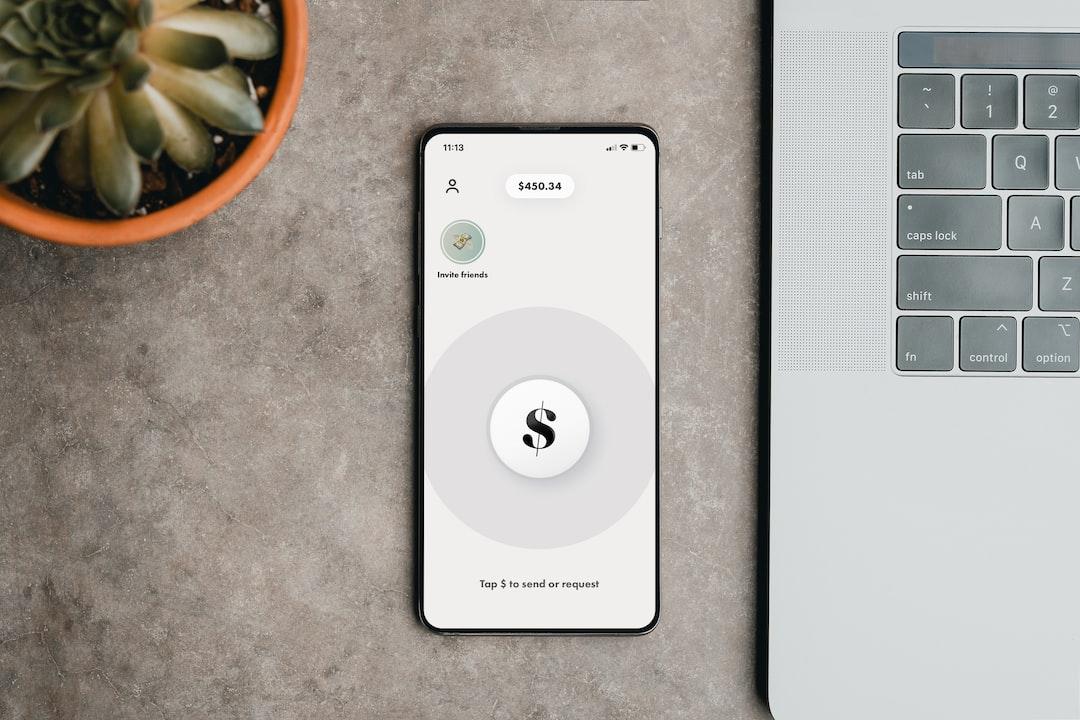Ondo Finance, the United States Treasury tokenization protocol, foresees the convergence of traditional finance and blockchain technology in the near future. To align with this vision, the company recently established its first office in Hong Kong, expanding its on-chain treasury offerings to investors in the Asia Pacific region. Nathan Allman, the CEO of Ondo Finance, explained in an interview that tokenized treasuries offer several advantages compared to holding the underlying treasuries directly.
According to Allman, tokenized treasuries can be transferred on-chain 24/7, including on decentralized and centralized exchanges and over-the-counter platforms. Additionally, they can interact with smart contracts, enabling investors to leverage decentralized finance (DeFi) opportunities while earning sustainable yield. Ondo Finance currently offers three products: OUSG, which provides exposure to U.S. Treasurys; OMMF, which provides exposure to U.S. money market funds; and USDY, which offers a yield-bearing alternative to conventional stablecoins by comprising short-term Treasurys and bank deposits. These pools have a total locked value of approximately $186 million and generate an annual yield of around 5%. The underlying U.S. Treasurys are guaranteed by the United States government, with interest expenses covered by revenue from sources such as income tax and corporate taxes.
Allman revealed that Ondo Finance plans to expand beyond cash equivalents and bring more than $100 trillion worth of securities onto the blockchain in the near future. However, the company’s tokenized assets are currently not available to U.S. investors due to regulatory uncertainties in the country. Non-U.S. users who wish to invest in Ondo’s treasury pools must undergo Know Your Customer and Anti-Money Laundering verification checks and hold the tokenized assets for a minimum of 40 days before transferring them. Allman emphasized that while there are no dedicated regulations for tokenized assets, the current structure of products in the tokenized market can be adequately covered by existing regulations and exemptions outside the U.S.
Hong Kong is one jurisdiction where regulators are enthusiastic about embracing real-world asset tokenization. In a letter published on February 20, the Hong Kong Monetary Authority outlined principles of governance and risk management, asset segregation, outsourcing, disclosure, and Anti-Money Laundering and Counter-Financing of Terrorism for tokenization firms. These new rules are expected to come into effect in August.
In summary, Ondo Finance is at the forefront of the tokenization wave, with its protocol facilitating the integration of traditional finance and blockchain technology. By expanding its presence in Hong Kong and offering tokenized treasuries, the company aims to provide investors with enhanced flexibility and access to DeFi opportunities. Despite regulatory limitations for U.S. investors, Ondo Finance plans to bring a vast array of securities onto the blockchain and address infrastructure challenges to support the widespread adoption of tokenized securities on public blockchains.

